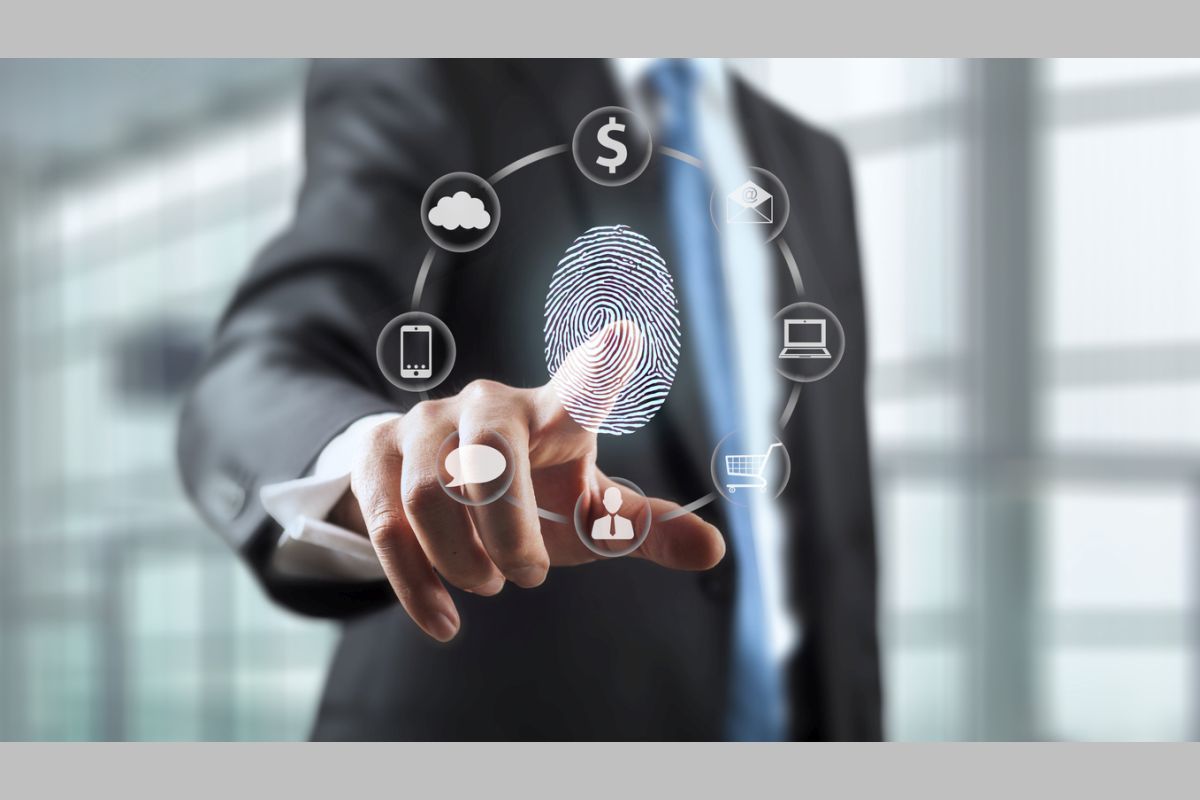Aadhaar, Jan Dhan giving big push to digital India ecosystem: Instamojo’s CEO
According to Swain, three different buckets of opportunities got created over the last three-four years.
‘Know Your Customer’ or ‘KYC’ – as is the popular term for identity verification – follows a citizen like a shadow, throughout life, for a range of rights and services. Banking, insurance, telecoms, investment, health, education, social welfare etc.

Fingerprint Scan Security System. (Photo: Getty Images)
Identification essentially refers to who you are and if you can prove it. And from a service provider’s perspective, what do we know about you and how do we verify it’s indeed you? The identity documents such as birth certificates, national ID, driving license, passport and voter id acquired in one’s life, define a person’s identity. And they largely exist in physical form and carried for life. Typically, verifying the details of the ID against the application and the photograph prove one’s identity. This is easier face-to-face whereby the physical identity is verified against the physical self. However, it gets harder when the physical self needs to be verified against the digital identity. Public and private services, and the ensuing identity verification, are intricately linked to an individual’s progress and nation building. Imagine the lack of education for lack of identity; or lack of employment for lack of identity – progress will be just a mirage.
Lack of identity is an impediment for people to exercise their basic democratic and human rights. Digital identification can help overcome barriers to participation (World Bank Report, 2016).
‘Know Your Customer’ or ‘KYC’ – as is the popular term for identity verification – follows a citizen like a shadow, throughout life, for a range of rights and services. Banking, insurance, telecoms, investment, health, education, social welfare etc: one cannot get past without KYC. Despite being the first step in the service chain, existing KYC processes are onerous with paperwork, intrusion and delays at best, and outright exclusion at worst. Aadhaar revolutionised identity and KYC in India and helped millions cling to the digital super highway in a seamless manner, virtually without friction that would otherwise have taken much longer for the same number of people to come on board the formal financial and welfare system. However, Aadhaar is unique to India, and needs the backing of the government to enable a trusted infrastructure, which may not be the global solution that is much needed for inclusive growth. Besides, there are still lingering privacy issues that runs through the spine of the Aadhaar stack.
Advertisement
The developing world is home to more than 6 billion of the world’s 7 billion mobile subscriptions, making this a technology with considerable potential for registration, storage, and management of digital identity (World Bank Report, 2016).
And here’s where we believe next generation digital technologies play a crucial role in transforming KYC. Several emerging technologies have the potential to truly transform the way we do KYC now. These technologies provide the much-needed bridge toward digital identity – extending the physical identities – that can reliably be used to verify and authenticate citizens – even remotely – for a range of products and services.
We strongly believe that, if the people’s needs don’t fit the design, then the design – not the needs – need to be changed.
According to a report by McKinsey, nations implementing digital identities can increase their GDP between 3-13 per cent and have inclusive growth. Inclusive growth purports to give everybody an equal shot at economic prosperity. And economic prosperity cannot be realised if vast populace cannot partake in public and private services. Identity forms the crux to an interlinked and sophisticated system of services, largely delivered through digital channels. Therefore, without an identity, and in particular a digital identity, people are likely excluded from the very opportunity that inclusive growth so purports to provide. While digital identities are subject to misuse and fraud, careful design, stronger background verifications and multi-factor authentication can drastically reduce such risks, and may even reduce fraud in the long run. With a leap of faith in the emerging technologies to verify and authenticate users remotely, digital identity seems like the natural progression towards greater inclusion and economic progress.
(Mr. Shankar – Founder and CEO, FRSLABS)
Advertisement